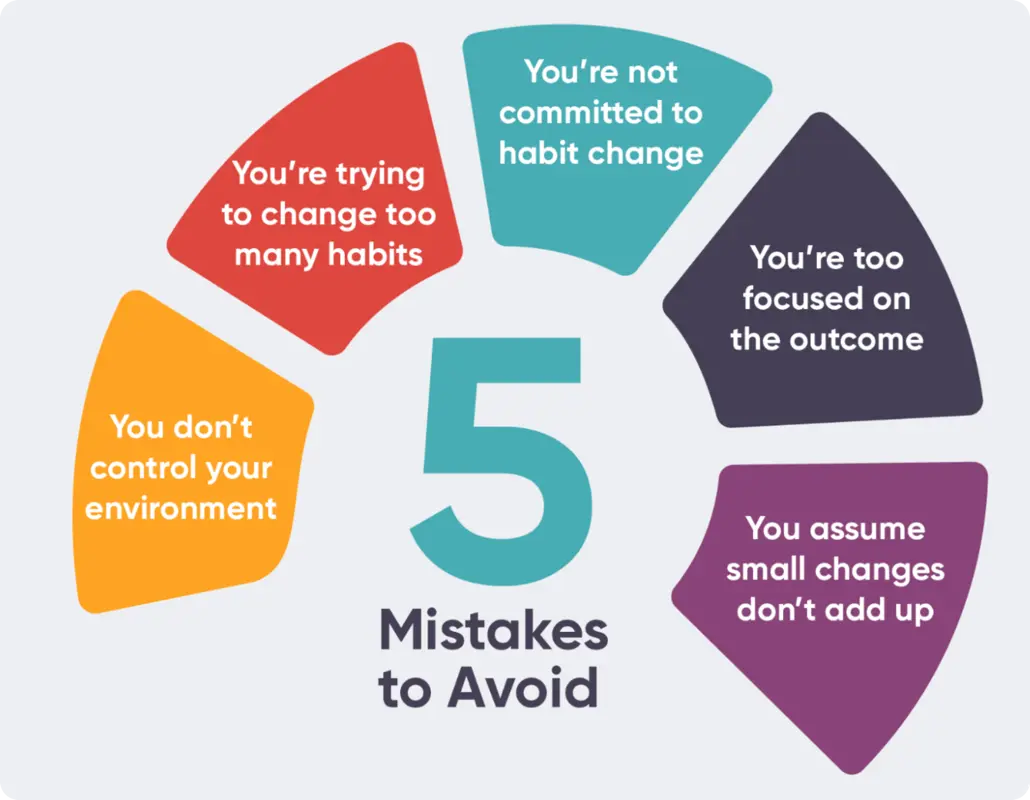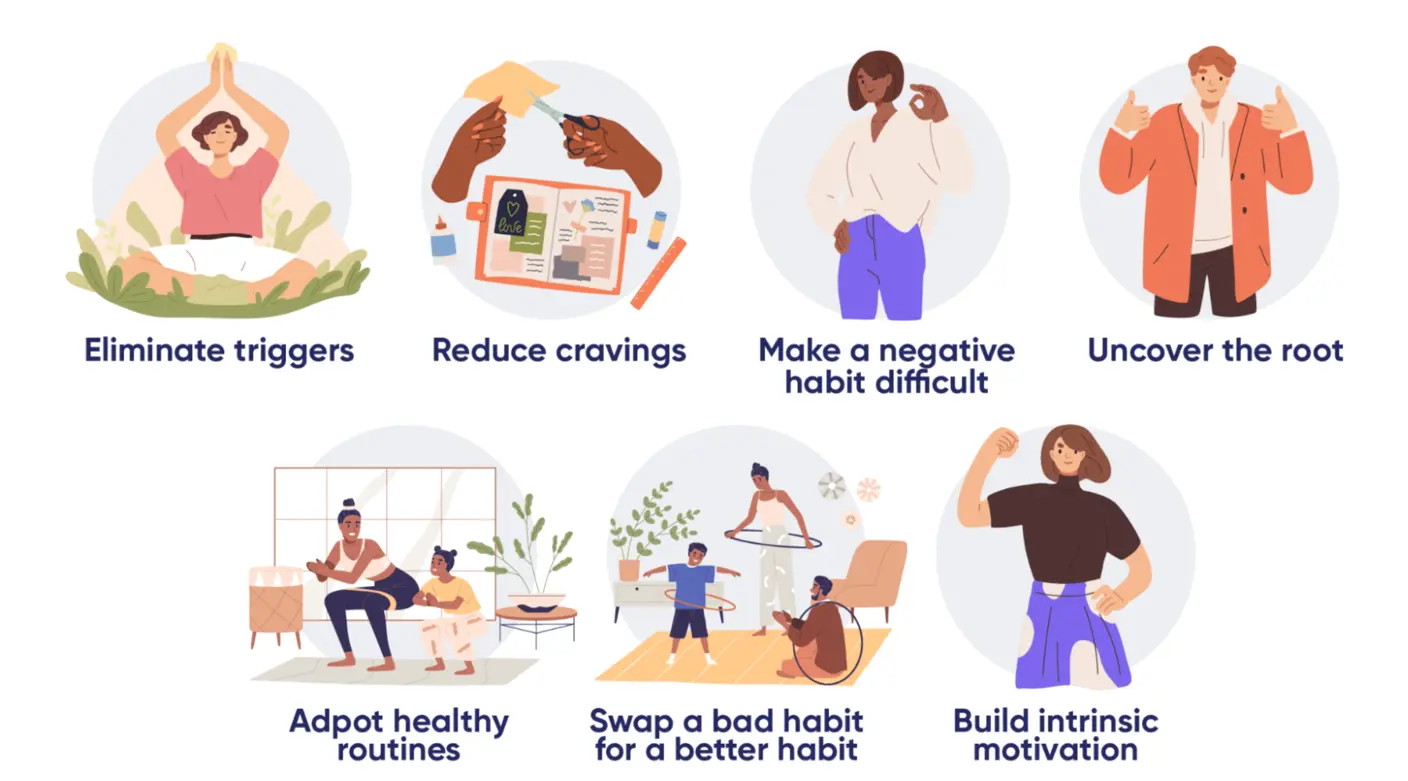
Building Good Habits: The Key to Personal Growth and Success
Habits are the building blocks of our lives. They shape who we are, what we do, and how we feel. From the moment we wake up in the morning to the time we go to bed at night, our habits influence every aspect of our lives.
But what exactly is a habit? And how can we build good habits while ditching the bad ones? In this article, we’ll delve into the science of habits, explore the process of habit formation, and discuss practical steps to help you build better habits.
What is a habit?
A habit is a tendency to do something, whether it's harmful or health-promoting. It can be triggered by specific cues and often becomes a repetitive part of our lifestyle. Examples of habits include brushing your teeth after a meal, putting on your seatbelt when getting in a car, or drinking a glass of wine when you get home from work.
Habits are driven by reward-seeking mechanisms in the brain, and they can be both positive and negative. While healthy habits contribute to our well-being, unhealthy habits can have detrimental effects on our lives.
The Science of Habits
The process of habit formation involves a psychological pattern known as the ‘habit loop’. This four-step pattern includes a cue, craving, response, and reward. The cue triggers a behavior, the craving motivates the behavior, the response is the actual habit, and the reward reinforces the habit.
Understanding the habit loop can help us identify the factors that drive our habits and ultimately change them for the better.
How Long Does It Take to Form a New Habit?
Research suggests that, on average, building a new habit takes around 66 days. However, the duration can vary depending on the complexity of the habit and individual factors. Some habits may take longer to form, while others may become automatic relatively quickly.
Changing Habits: 5 Mistakes to Avoid
When it comes to replacing old habits with new ones, there are common mistakes to avoid. These include failing to control your environment, trying to change too many habits at once, lacking commitment, focusing too much on short-term outcomes, and underestimating the power of small changes.
By being aware of these pitfalls, we can approach habit change more effectively and sustainably.

Building Good Habits in 7 Steps
To replace bad habits with healthier ones, we can follow seven key steps:
- Eliminate Triggers: Identify and change behaviors associated with triggers for bad habits.
- Reduce Cravings: Find healthier ways to fulfill the internal state behind your cravings.
- Make Negative Habits Difficult: Increase the effort required to engage in negative habits.
- Uncover the Root: Understand the underlying reasons for your bad habits.
- Adopt Healthy Routines: Integrate healthy practices into your daily routine.
- Swap a Bad Habit for a Better Habit: Replace negative habits with positive alternatives.
- Build Intrinsic Motivation: Believe in your ability to change and find ways to measure your progress.

Following these steps can help create a solid foundation for building and maintaining good habits.
How to Maintain a Habit
Once you’ve established a new habit, the next challenge is maintaining it. To ensure the longevity of your habits, consider the following tips:
- Make it Part of Your Schedule: Incorporate your new habits into your daily routine to ensure consistency.
- Create a Supportive Environment: Surround yourself with supportive and like-minded individuals to stay motivated.
- Use Reminders: Set up reminders to prompt and motivate you to stick to your habits.
- Practice Self-Compassion: Be kind to yourself and don’t dwell on setbacks or failures.
By implementing these strategies, you can increase the chances of maintaining your habits in the long run.
Building Good Habits: An Invitation to Grow
In conclusion, building good habits is an essential part of personal growth and success. By understanding the science of habits, avoiding common mistakes, and following practical steps, we can transform our lives for the better.

Remember, building better habits is a journey, and it requires patience, dedication, and self-compassion. So, take the first step today and embark on the path to a healthier, happier, and more fulfilling life.
The Power of Forming Habits
What if we want to change our habits for the better? How do we go about forming new habits or breaking old ones?
The Power of Habits: How to Start New Habits That Actually Stick
Our daily lives are a reflection of our habits. Whether we are in good shape or not, happy or unhappy, successful or unsuccessful, it all comes down to the habits we have formed.